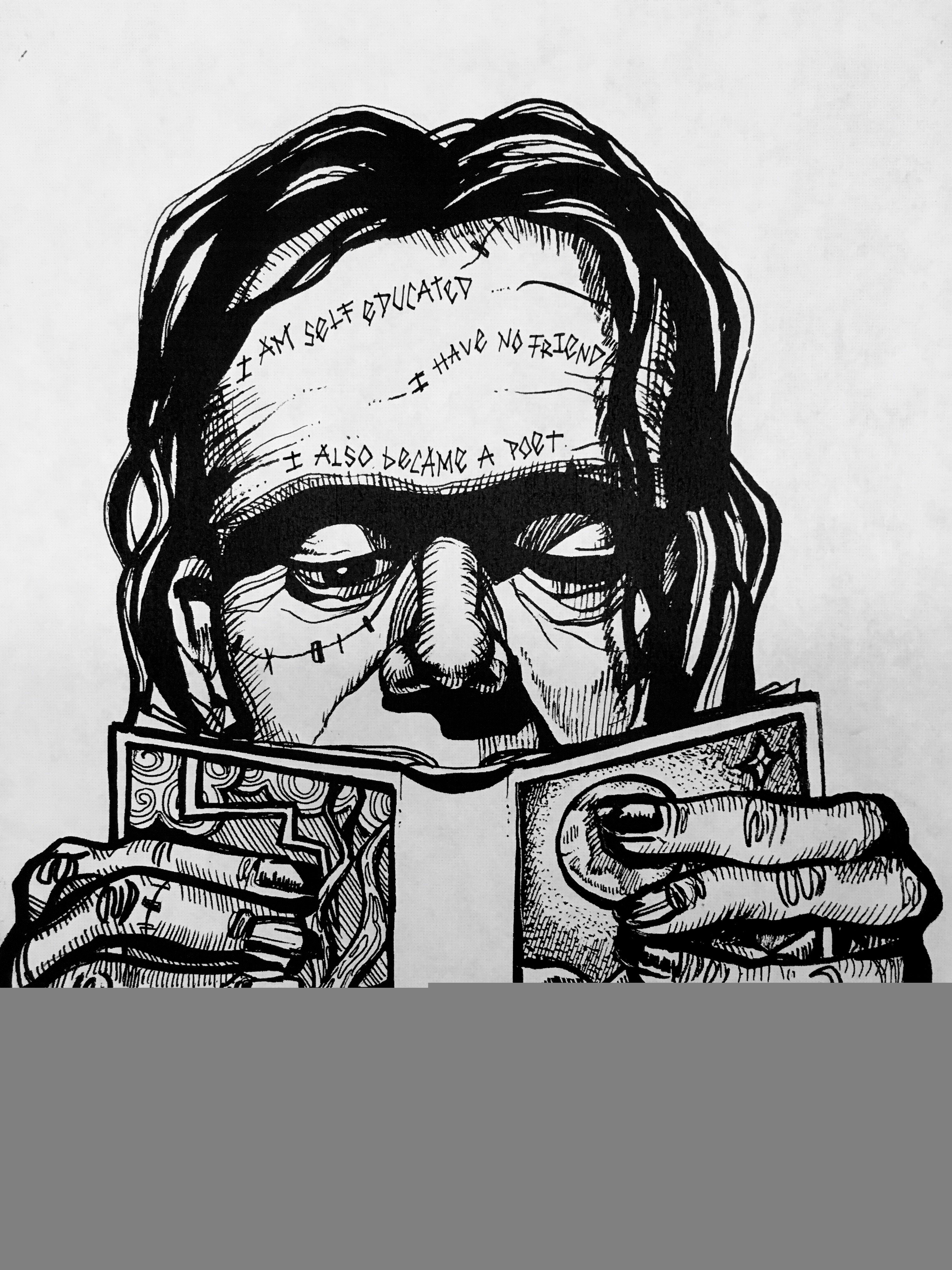With Frankenstein and Dracula, Mary Shelley and Bram Stoker created two of history’s most memorable monsters. Two hundred years after Frankenstein was published, pages from Mary Shelley’s manuscript will make their only appearance in the United States, to be displayed for the first time alongside the Rosenbach’s collection of Bram Stoker’s notes for Dracula, accompanied by 19th-century scientific, medical, and literary works. These gothic literary giants emerged from the technological developments, medical breakthroughs, and environmental disasters that characterized the beginning and end of the 19th century, when the novels were written.
Frankenstein & Dracula: Gothic Monsters, Modern Science will explore the creation of these literary masterworks, from the stormy summer that famously inspired both Shelley’s Frankenstein and the first literary vampire story, a precursor of Stoker’s iconic myth. The exhibition will also showcase books and documents that detail the science and pressing ethical questions of the time—the limits of life and death, body and mind, and humanity and nature—that compelled these authors to imagine their monsters, creating stories that still trouble us today. In addition to these historical artifacts, digital interactives invite visitors to connect the historical material to contemporary scientific issues. In an era fraught with discordant interpretations of scientific fact, these fictional monsters continue to encourage us to contemplate the challenging questions science presents in our daily lives.
Sponsors
Major support for Frankenstein & Dracula: Gothic Monsters, Modern Science has been provided by The Pew Center for Arts & Heritage. This material is based upon work supported by the National Science Foundation under Grant No. 1516684. Any opinions, findings, and conclusions or recommendations expressed in this material are those of the author(s) and do not necessarily reflect the views of the National Science Foundation. The Rosenbach acknowledges the generous support of Arizona State University’s Center for Science and the Imagination and School for the Future of Innovation in Society; Leon C. Sunstein , Jr., in memory of Emily W. Sunstein; and American Airlines.

 Join or donate!
Join or donate!
